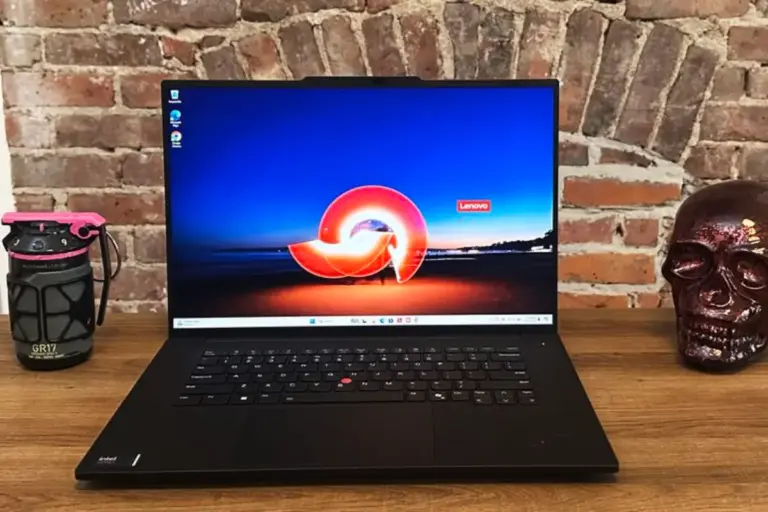Anonymity Is Dead and We’re All Content Now – What It Means Today

In today’s digital world, the idea of privacy and anonymity has almost disappeared. Every click, photo, and video we share ends up becoming part of an endless cycle of content. Social platforms, search engines, and advertisers have turned daily life into a product. Whether we like it or not, each of us has become both the consumer and the content.
This shift has been happening for over two decades, but in the past few years, it has accelerated to the point where anonymity is no longer the norm. From TikTok trends to Instagram reels, from YouTube shorts to AI training data, everything we post, and even much of what we don’t, is recorded, analyzed, and repackaged. Let’s break down how anonymity has eroded, why it matters, and what it means for the future.
From Pseudonyms to Real Names
In the early internet days, people often used pseudonyms. Message boards, chat rooms, and even early social media were filled with usernames that gave no hint of a person’s true identity. This provided a sense of freedom you express opinions, explore interests, or interact without attaching your real name.
But platforms like Facebook and LinkedIn changed the landscape by pushing “real name” policies. Suddenly, your profile was tied to your true identity. Even if you didn’t want to, algorithms could link your behavior across platforms, slowly removing the protective layer of anonymity.
The Rise of Social Media Content
As social platforms grew, user-generated content became the core product. We no longer just logged in to browse; we logged in to create. Photos, videos, live streams, even status updates, everything became content for others to consume.
This content wasn’t just about self-expression. Platforms built multi-billion-dollar ad businesses on it. Every picture of your lunch, every dance trend, every rant or review became part of an economy. The more we shared, the more data was collected. Anonymity became impossible because your “content” constantly revealed who you are.
The Surveillance Economy
Today, nearly every action online is tracked. Search history, purchases, app usage, location data, and social interactions are recorded. Companies say it helps personalize experiences, but it also feeds a surveillance economy where personal data is bought and sold.
Smartphones make it even harder to stay anonymous. Your phone is always connected, always tracking, always generating data. Even if you don’t actively post, your digital footprint still creates a profile of you. That profile is valuable content for advertisers, governments, and AI companies.
Anonymity and AI
AI has accelerated the death of anonymity. Large language models and generative AI are trained on vast amounts of online content, much of it created by everyday users. What you post could end up shaping how AI responds to future questions. Your data is no longer just yours; it’s feeding systems that influence millions.
Meanwhile, facial recognition and voice recognition are making it harder to hide. A single photo posted online can be matched to databases, and your voice can be cloned with just a few seconds of audio. Even attempts to remain anonymous can fall apart in an AI-driven world.
The Contentification of Everyday Life
What’s striking now is how even private life feels like it has to be turned into content. Birthdays, vacations, meals, workouts, everything is captured, filtered, and shared. For many, if it isn’t posted, it almost doesn’t feel real.
This has changed how people behave. Instead of experiencing moments directly, many of us think: “Will this look good on Instagram?” or “Could this go viral on TikTok?” In that sense, we are no longer just living lies; we are curating for an audience.
The Illusion of Choice
Some argue that we still have a choice not to participate. But in reality, opting out of social media or digital platforms often means being excluded from cultural, professional, and even social spaces. Many schools, jobs, and communities expect a digital presence. Even government services and banking increasingly require digital identity.
So even if you avoid posting, your data becomes part of the content machine. Photos taken by friends, public surveillance cameras, or location tracking still feed systems. Complete anonymity isn’t a realistic option anymore.
The Mental Toll
This erosion of anonymity and the constant need to produce content have psychological effects. People feel pressure to present curated, polished versions of themselves, which can lead to stress, comparison, and burnout. Others experience the anxiety of being permanently visible, knowing that a mistake or embarrassing moment can go viral and follow them forever.
For younger generations who grew up in this system, the line between private and public life is almost nonexistent. Their childhoods, once private, are now documented in real-time through family vlogs and social media posts.
Is There Any Hope for Anonymity?
While anonymity may be gone in its purest sense, there are small ways to protect privacy by using encrypted apps and private browsers.
-
Being selective about what to post.
-
Supporting stronger privacy regulations.
-
Demanding transparency from tech companies.
However, the larger cultural shift toward turning everything into content is harder to reverse. We are in an era where visibility equals value, and platforms reward attention above all else.
“Anonymity is dead, and we’re all content now” isn’t just a catchy phrase; it’s the reality of the modern internet. The tools we use to connect, express, and entertain are built on the idea that everything we do is shareable, trackable, and marketable.
This doesn’t mean life is hopelessly exposed, but it does mean we need to rethink how we approach privacy and self-expression. Being aware of the trade-offs is the first step. At the same time, we can choose to create content on our own terms, instead of letting platforms define it for us.
We may not get anonymity back, but we can still decide how much of ourselves we want to turn into content.

![Where Does Temu Ship From Every Information [2024]? Where Does Temu Ship From](https://mediatalky.com/wp-content/uploads/2024/03/Where-Does-Temu-Ship-From-1-768x432.png)

![Nikocado Avocado Great Motivational Weight Loss Journey [2024] Nikocado Avocado](https://mediatalky.com/wp-content/uploads/2024/02/Is-This-Nikocado-Avocado-768x488.jpg)

![The Flixer: How To Get Free Subscription & Pros, Cons [2024] The Flixer](https://mediatalky.com/wp-content/uploads/2024/03/Add-a-subheading-12-768x489.jpg)
